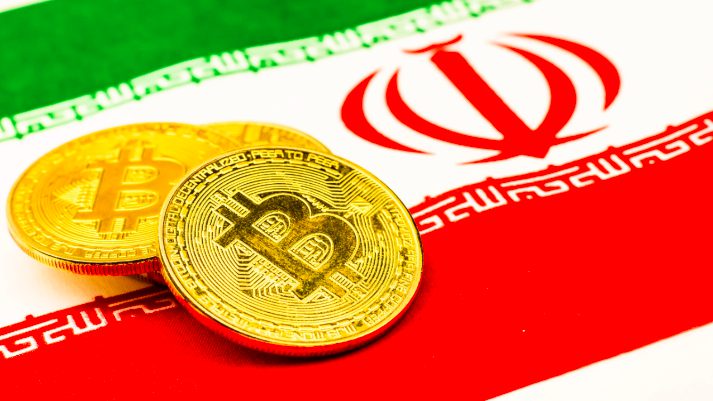This week, Iran executed its first official order for importing goods via the crypto payment route. The trade involved goods were cumulatively worth $10 million. Semi-official Tasnim agency reported the same on Tuesday, quoting Alireza Peymanpak, an official from the Ministry of Industry, Mine and Trade.
“This week, the first official import order registration worth 10 million dollars was successfully completed using cryptocurrency.”
The minister further went on to reveal that by the end of next month, cryptos and smart contracts will be “widely used” in foreign trade with target countries.
Iran and Crypto
Over the past year or so, Iran has been softening its stance on the crypto industry. Back in March last year, for instance, the Iranian Presidential Center for Strategic Studies called for the nation to mine cryptos like Bitcoin and aid the country tread through the international sanctions placed.
According to the report, “cryptocurrency extraction” could provide economic benefits to several different sectors of the “troubled economy.” Per the authors, the industry could generate $2 million a day and $700 million a year in revenue from mining, while revenues from transaction fees could generate $22 million.
Things have not been that easy for traders though. Binance, for instance, was in a fix recently because it continued to process trades by clients in Iran, despite US sanctions, and a company ban on doing business there. Notably, back in 2018, the US reimposed sanctions that had been suspended three years earlier as part of Iran’s nuclear deal with major world powers. That November, Binance informed Iranian market participants that it would no longer serve them, and had ordered them to liquidate their accounts.
However, in interviews with Reuters, a handful of traders revealed that they “skirted” the ban. The traders said they continued to use their Binance accounts until September last year. They lost access only after the exchange tightened its anti-money laundering checks.





